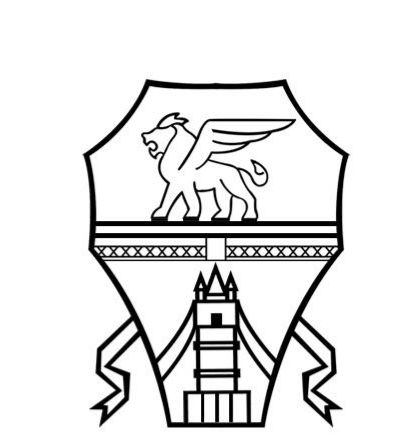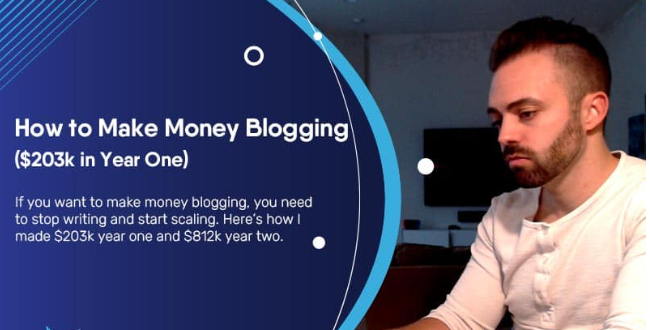If you need funds to help your business grow or expand, a business loan could offer the solution you need. Here’s how they work and how to get the right loan for your business.
There are lots of ways to finance your business, from credit cards and overdrafts to crowdfunding and angel investment, but a business loan might be the first option that springs to mind. They’re a relatively straightforward way to borrow and don’t involve giving up any equity in your business.
What is a business loan?
Business loans are a type of borrowing designed for commercial organisations rather than individuals that you usually pay back on a monthly basis. With a business loan you could:
Borrow between £1,000 and £15 million
Pay the loan back over one month to 25 years
There are lots of different types of business loan but they all fall into one of two categories:
Unsecured: These loans allow your business to borrow money without having to use your business assets as security.
Secured: These loans let your business borrow money using an asset as security. If you don’t pay back the loan, the lender can sell it to get their money back. Secured loans tend to have lower interest rates than unsecured ones and are useful for borrowing larger amounts.
A loan is just one way of getting money to help your business. For more options here are 6 easy ways to get finance for your business.
What are business assets?
A business asset is anything of value your business owns.
Some of the business assets you could use to help your company borrow money include property, stock and machinery.
Are business loans regulated?
Business loans are mostly unregulated. Lenders only need to be regulated if they offer loans of £25,000 or less to certain types of businesses, such as sole traders. This means they have to meet minimum standards and follow certain rules to make sure their customers are treated fairly.
What can you use business loans for?
You can use them for almost any purpose relating to your business, including:
purchasing stock
taking on new staff
moving premises
paying off debts
buying new equipment
expanding operations
Here is how a loan could boost your business
Which businesses can get a loan?
Most businesses can get a loan of some type but your options may be limited by the type of business you have so check before you apply.
For example, government start up loans are only available to new businesses while many cash advance loans require you to have been trading for a set period of time before you apply.
How many loans can a business have?
There is no limit to the number of loans a business can take out but you will need to show your business can afford each loan when you apply.
Types of business loan
There are lots of different specialist types of business finance depending on your business sector, but the main types that are available to most businesses include:
Bank loans
These are cash loans offered by banks and building societies. Your business borrows a lump sum and pays it back over a set period of time with interest.
Most bank loans require a director’s guarantee. This means that if your business is not able to pay back the loan, the directors will be personally liable for the debt.
Compare business loans
Revolving credit facilities
A business credit facility lets you borrow money as and when your business needs it.
You only pay interest on the money you withdraw and can pay it back when you have the funds available. You can also pay it back and then withdraw it again.
Compare credit facilities here
Peer to peer
This is a type of social lending, offered by online lending platforms, where you borrow money from private investors looking for a return on their money.
As with bank loans, peer-to-peer lenders may ask for a director’s guarantee when you apply for a loan.
How does peer to peer lending work?
Short term
A short-term business loan tends to last for just a few months, but you could potentially borrow for just a few days.
Short-term business loans often charge higher interest rates than other types of loan.
Some-short term lenders charge monthly interest rather than an annual rate, so make sure you know exactly how much it will cost before you apply.
Asset backed
This is a type of secured loan backed by a business asset.
You could borrow more with this type of loan than some of the other types of business loans in the market.
Assets that can be used to back a loan include:
machinery
property
stock
land
Invoice finance
Invoice finance works slightly differently than a normal cash loan.
Rather than lending you a cash lump sum the lender buys outstanding invoices from your business for a fee, releasing the money you are owed by your customers.
There are two main types of invoice finance:
Invoice factoring: where the lender manages your sales and collects the money directly from your customers.
Invoice discounting: where the lender releases a percentage of the funds before your invoices are paid and gets their money back when the invoice is paid.
You can get invoice financing from banks, building societies and independent companies that specialise in invoice finance.
Working capital
A working capital loan is designed to help pay for the day-to-day running costs of your business, such as wages, rather than long term investments.
Like bank loans, most working capital loans need a personal guarantee from company directors.
Cash advance
A business cash advance loan is where you borrow money against your future debit or credit card sales.
For example, you borrow £50,000 to refurbish your restaurant and then pay back 20% of every card transaction until the total cost of the finance is paid back. This means you’ll pay back more when takings are higher and less when they’re lower so it’s a flexible way to borrow.
Government start up loan
These loans are a government-backed initiative specifically for startup businesses or existing businesses that have been trading for less than two years in the form of unsecured personal loans.
You could borrow between £500 and £25,000 and pay it back over one to five years. There’s a fixed rate of interest of 6% per year but no other fees to pay on top of this.
You can find out more about start up loans by visiting the Start Up Loans website.
Do companies have a credit rating?
Yes, businesses have a credit record in a similar way to individuals and it may affect whether or not your loan application will be accepted.
If you run a limited company your credit record will include your accounts filed at Companies House, so make sure these are kept up to date and try to file full rather than abbreviated accounts.
Other things you can do to improve your business credit rating include:
Always paying back your loans and borrowing on time
Filing your accounts well before the deadline
Paying to have your accounts audited to give them more credibility
Completing any questionnaires you are sent by credit reference agencies in full
Keeping your personal credit record in good shape, especially if you are a new business
Only applying for credit when absolutely necessary
You can check your business credit score by visiting the Experian website.
Pick the right loan
To get the right loan for your business you should follow these steps:
Work out how much you need to borrow: get costing estimates for new projects and purchases so you know exactly how much you need to borrow. If you borrow more than you need to you’ll end up paying unnecessary interest.
Decide how long you need to pay it back: the longer the term of the loan the more interest you’ll end up paying overall but the more manageable your monthly repayments will be so try to strike a balance.
Choose the type of loan: consider which loan options are suitable for your type of business and the size of loan you need.
Look for the cheapest option: never just go with the first lender you find – shop around and compare the total cost of borrowing with what is available from other lenders before you apply.
Check the conditions and eligibility criteria: you may need to give a director’s guarantee or have been trading for a certain amount of time for example.
Compare different business loans side by side
How long will it take?
This depends on your business, which type of loan you choose and whether you need to provide security or not.
If you apply online for an unsecured loan and have a good credit record you could have a decision within a few days.
If you choose a secured loan and your assets need to be valued, it will normally take longer.
Paying back your loan
Once your loan has been approved and the funds have been transferred you will have to start paying back your loan.
How you pay it back will depend on the type of loan you have chosen. Some common ways include:
Direct debit
Standing order
Direct from outstanding invoices, as with invoice finance
A set percentage of your card takings, as with cash advance loans
What happens if your business cannot pay back a loan?
If you miss payments you’ll have to pay late payment fees and extra interest. You could also be charged administration fees.
The lender will register missed payments on your business’s credit record, which will make it more difficult to get finance in the future, especially if you default on the loan. You are usually considered to have defaulted if you’ve failed to make payments for three to six months – the exact terms are set out in your loan agreement.
If you’ve taken out a secured loan the lender can seize the assets to get its money back or if you’ve taken out an unsecured loan and given a director’s personal guarantee you’ll have to pay the loan back yourself.




